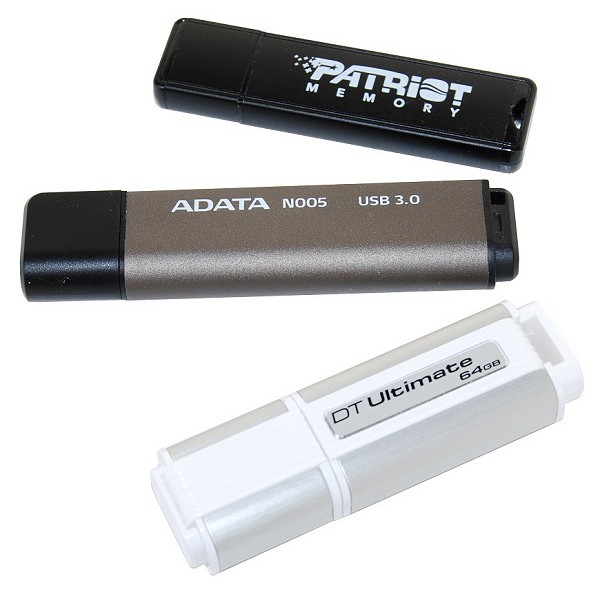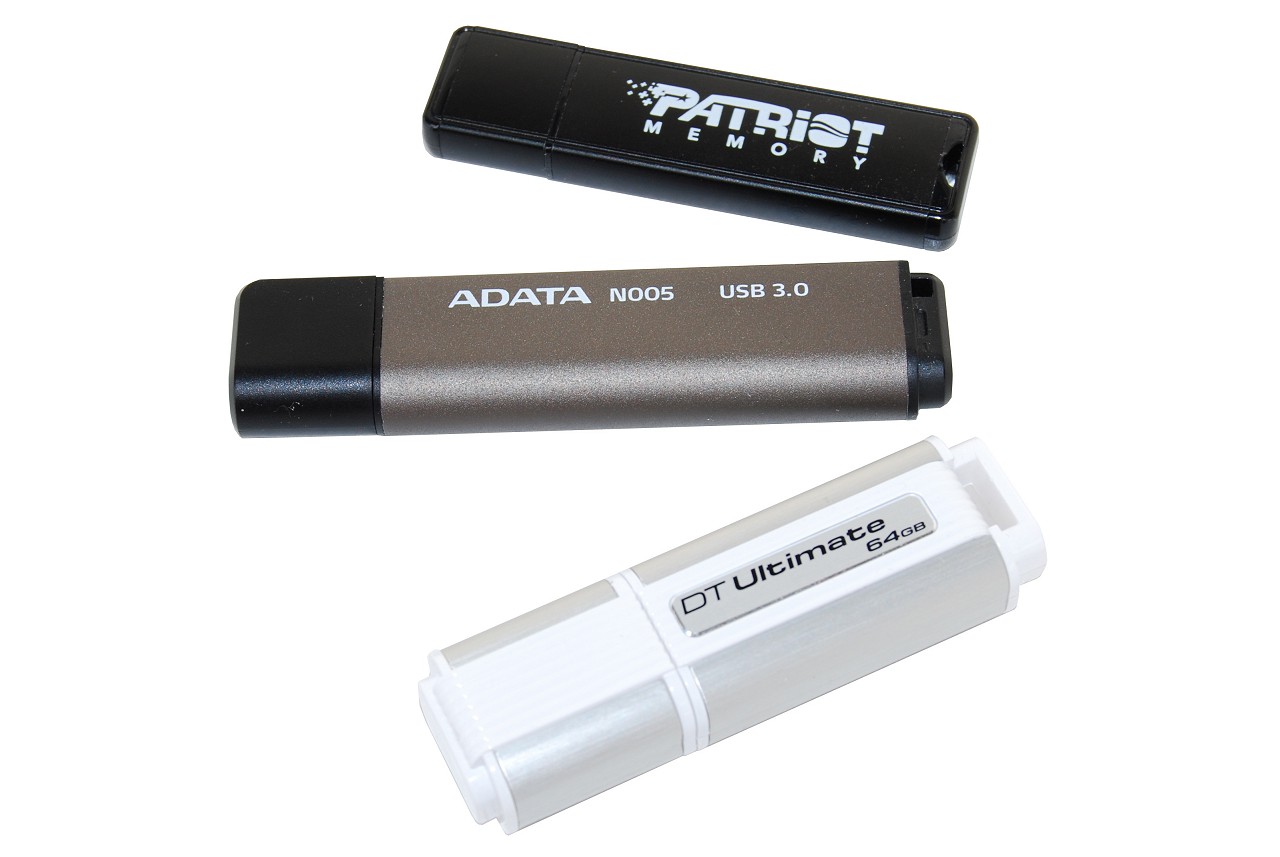As ubiquitous as it is today, the flash drive as we know it has been around for about a decade, having been first introduced in late 2000. Trek Technology developed the first flash disk and IBM marketed it under the "DiskOnKey" brand, featuring a whopping 8MB of storage. This was impressive at the time considering the form factor and because floppy disks were still widely used to move small amounts of data.
Coincidentally, the first implementation of USB 2.0 was also introduced in 2000. Although the interface has kept evolving and became mainstream in this last decade, it's starting to show its age when performance is a concern. The interface's maximum throughput of 60MB/s is no longer cutting it, especially when you consider the fact that its communication is half-duplex, meaning that data can flow both ways, but not at the same time.
Even the fastest USB 2.0 flash drives are unable to match today's conventional hard drives. Considering that we often cite hard drives as the slowest component in a computer, it's about time we moved on. The storage industry has been preparing the shift to USB 3.0 connectivity for quite some time. Dubbed SuperSpeed USB, USB 3.0 offers bi-directional (full-duplex) communication and a tenfold boost in transfer speeds as well as improved capabilities, all while maintaining compatibility with USB 2.0 devices. (Read our USB 3.0: What You Need To Know Guide for a full rundown of the new interface).

In terms of tangible improvements, USB 3.0 devices are not expected to reach their full potential at launch, but as the standard matures the USB Implementers Forum (USB-IF) considers it reasonable to achieve a throughput of 3.2Gb/s, or just about enough to transfer a 27GB high definition movie in little over a minute rather than 15 or more with USB 2.0.
In the last year we have reviewed a handful of USB 3.0 devices and today several memory manufacturers offer flash drives claiming to utilize the extra performance offered by the revamped interface. Today we are looking at three 64GB flash drives: the AData Nobility Series N005, Kingston DataTraveler Ultimate 3.0 and Patriot SuperSonic.
As an added note, it's unfortunate that USB 3.0 adoption isn't happening as quickly as it could because neither AMD or Intel have shipped chipsets with built-in support for the interface. This mostly affects mainstream adoption though, while on the desktop PC side almost all new motherboards are providing support courtesy of third-party controllers.
